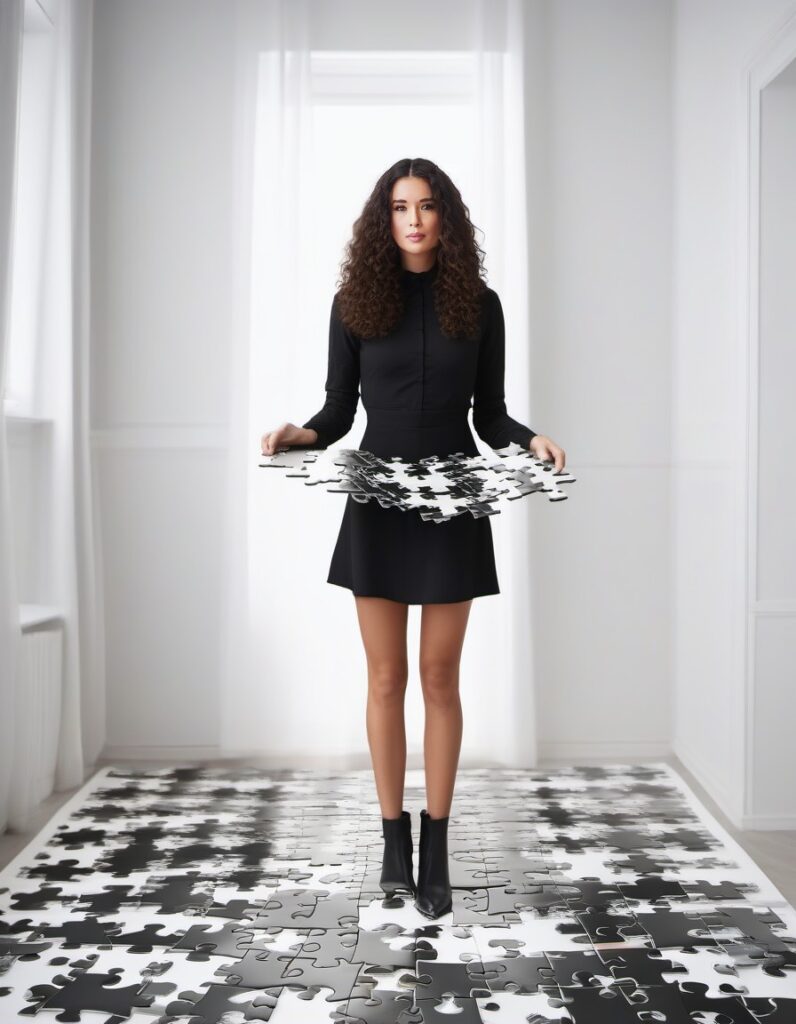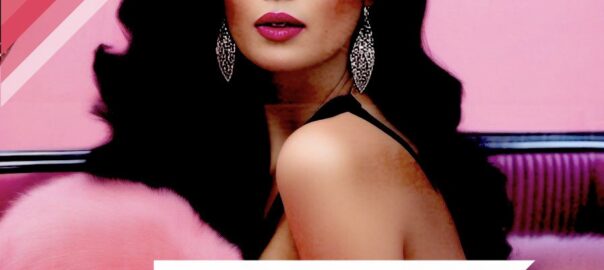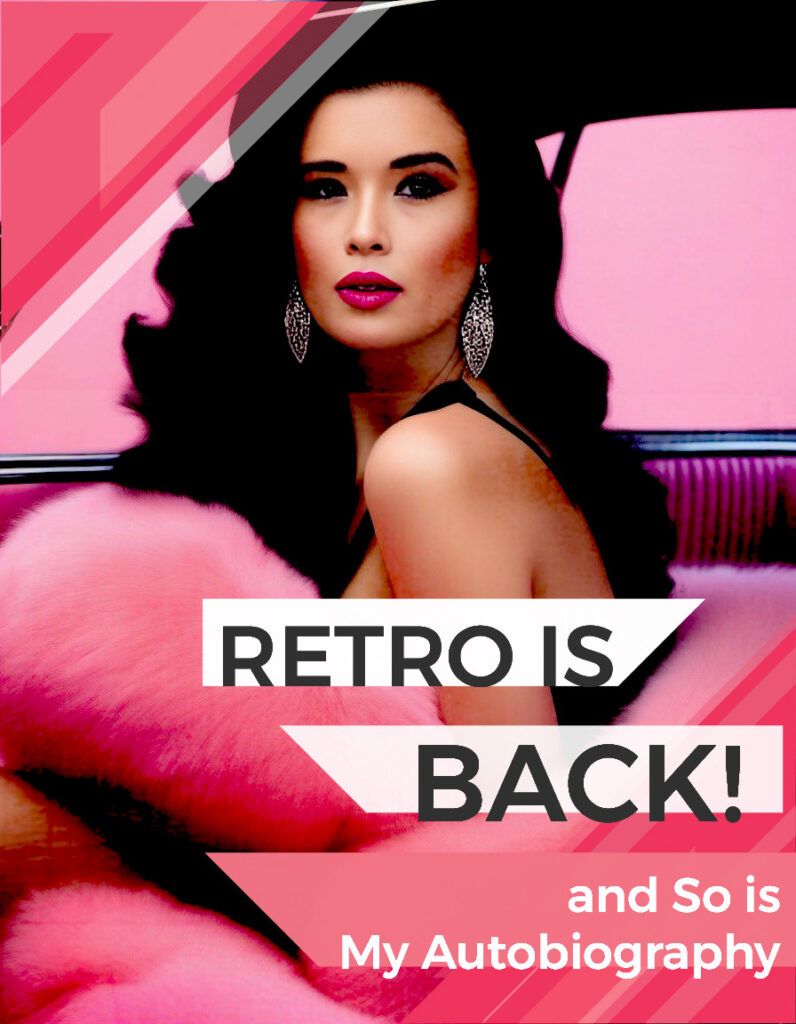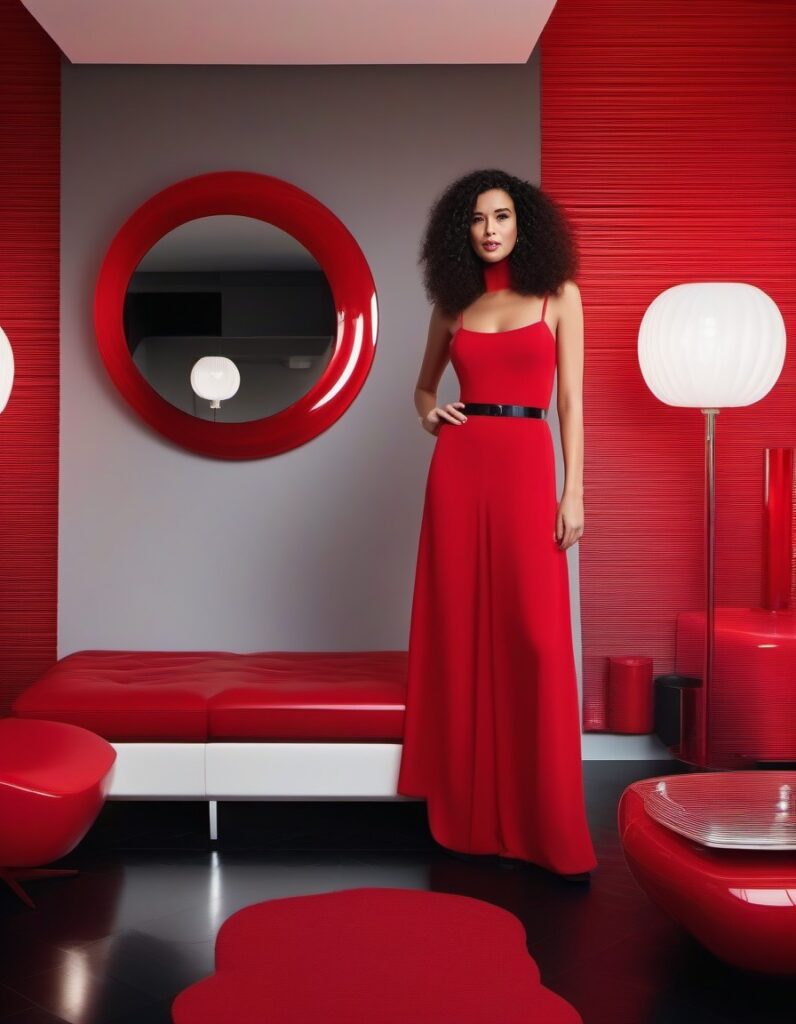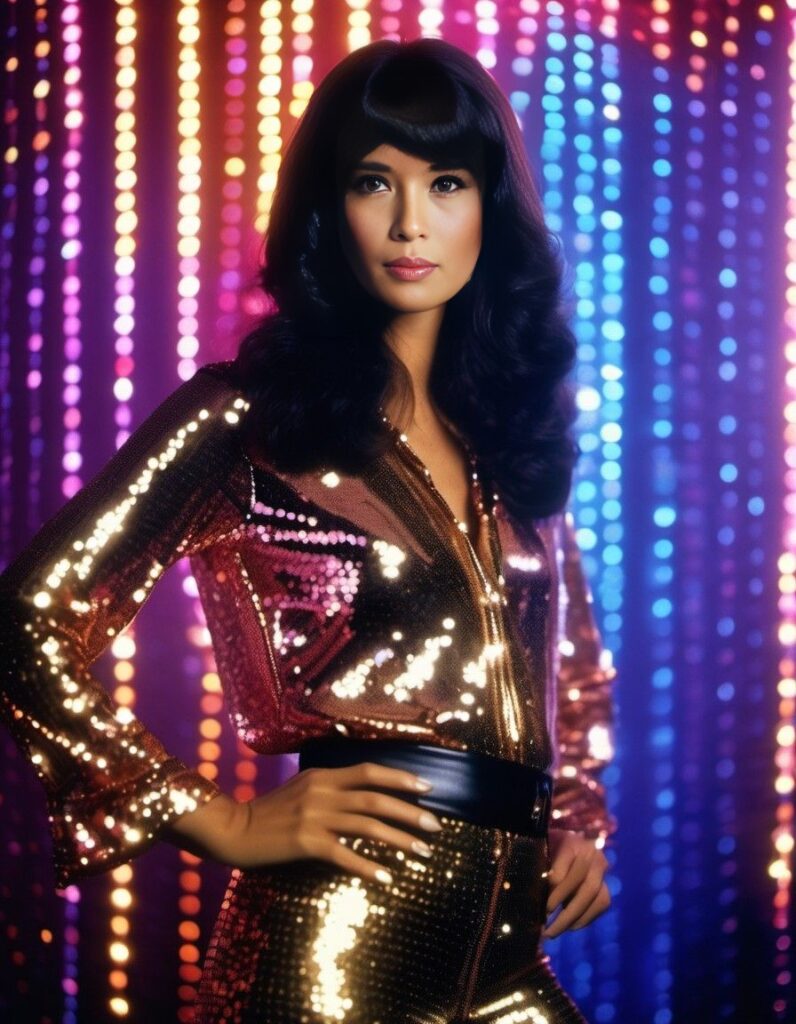This morning, over a quiet breakfast with a colleague, we found ourselves reflecting on the relentless pace of modern life. “We’re always so busy, reaching for something,” she mused. “But for what?” It’s a question that lingered with me, and as I thought about it more, I saw how deeply this question impacts not just our work lives, but also our relationships, our love lives, and our very sense of self.

Across the world, people seem to be caught in an endless race—striving to reach career goals, to acquire more, to live up to an image of success that social media reinforces every day. Life becomes a pursuit of something just out of reach, as though every accomplishment or milestone only leads us to the next. We’re left with a feeling that what we have, and even who we are, is never quite enough. Our lives, it seems, are spent trying to fill a gap we may not even fully understand.
Social media, for better or worse, has fueled this need for “more.” Our feeds overflow with carefully curated images of dream homes, luxury vacations, perfect relationships, and “flawless” lives, creating a constant comparison that chips away at contentment. We start to believe that these things—objects, accomplishments, status—are what we need to feel fulfilled. Yet, in our pursuit of these things, we risk overlooking what we already have and what genuinely brings us happiness.
In many ways, this drive for “more” can be positive, giving people purpose, a sense of accomplishment, and financial security. But when does it shift from fulfilling to exhausting? When does it stop being about genuine joy and start becoming just another way of keeping ourselves busy, of filling a gap we can’t quite name?
And what happens when this mindset spills into our relationships, when our search for love becomes another race to achieve, to attain, to complete ourselves? We often enter relationships with the same mindset, seeking someone to fill the empty spaces, to make us feel whole, to bring comfort or validation. We look for partners who we think will give us what we’re missing, assuming that a relationship will somehow make us feel “complete..
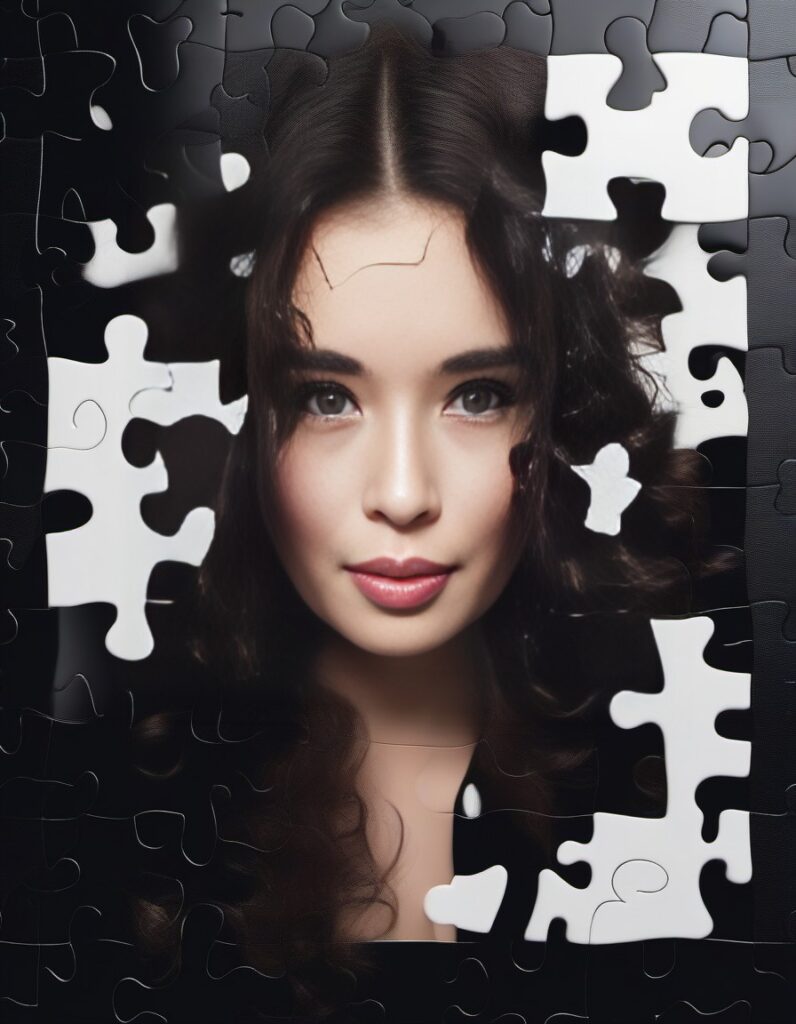
But real love isn’t about filling a gap or checking off boxes. It’s about finding someone who complements the life we’re building, who sees us as we are and still chooses to be there. True connection doesn’t come from a sense of need but from a sense of presence and shared understanding. It’s the difference between someone who fits into our lives easily, like the last piece of a puzzle, and someone who feels like a temporary distraction.
True love doesn’t need constant affirmations or grand gestures. It’s not about proving anything; it’s about simply being. It’s in the quiet moments, like sharing a simple meal, where words aren’t needed, and you feel a sense of calm. Real love is like that bowl of oatmeal—warm, grounding, and fulfilling in its simplicity. It’s about finding someone who doesn’t add noise to your life but instead brings a sense of peace, of clarity, of presence.
Perhaps the key to filling the gap isn’t in adding more or in the endless pursuit of something greater. Maybe it’s in slowing down, in savoring what’s already there, in allowing ourselves to see that life and love aren’t about filling every empty space but about finding peace in the quiet moments. Sometimes, happiness is simply the act of being, of finding someone who fits, not because they fill a void, but because they make the journey richer, more meaningful, and complete in its own way.
In life and in love, the deepest fulfillment often isn’t found in the pursuit of more but in the realization that sometimes, what we already have is enough.
